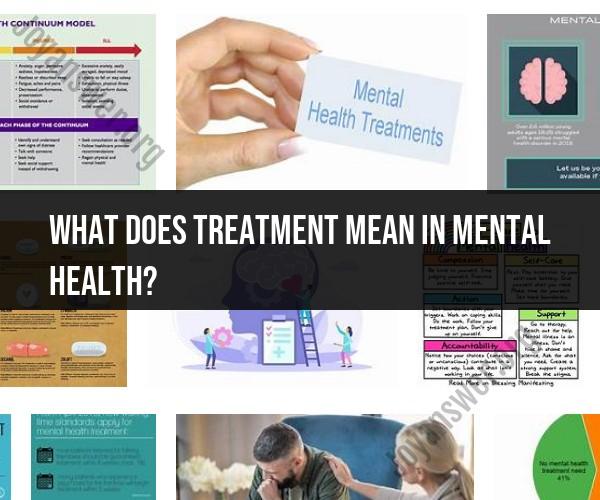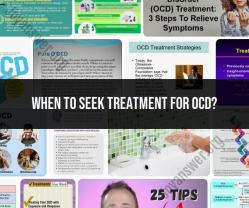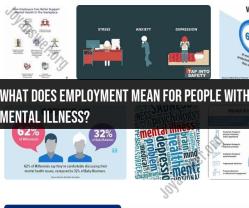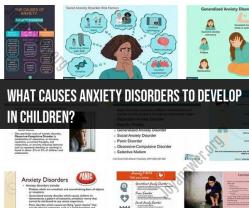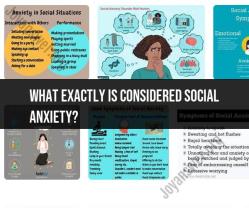What does treatment mean in mental health?
Deciphering "Treatment" in Mental Health: Understanding its Meaning and Applications
Treatment in the context of mental health refers to the interventions, therapies, and approaches used to address and manage mental health conditions. Here's a deeper look into the meaning and applications of treatment in mental health:
1. Addressing Mental Health Conditions:
Treatment involves strategies to alleviate the symptoms of mental health conditions such as depression, anxiety, bipolar disorder, schizophrenia, and more. It aims to improve an individual's overall well-being and quality of life.
2. Therapeutic Interventions:
Treatment encompasses a wide range of therapeutic interventions, including:
- Counseling and Psychotherapy: Talk therapy sessions with mental health professionals to explore thoughts, emotions, and behaviors.
- Medication: Prescription medications that help manage symptoms and balance brain chemistry.
- Cognitive Behavioral Therapy (CBT): A structured approach to identify and modify negative thought patterns and behaviors.
- Group Therapy: Sessions where individuals with similar challenges come together to share experiences and receive support.
- Alternative Therapies: Practices like art therapy, music therapy, and mindfulness that promote healing through creative expression and mindfulness techniques.
3. Personalized Treatment Plans:
Effective treatment is personalized and tailored to the individual's needs. Mental health professionals assess an individual's condition, history, and goals to create a treatment plan that addresses specific challenges and concerns.
4. Holistic Approach:
Treatment often takes a holistic approach, considering various aspects of an individual's life, including social, emotional, physical, and spiritual well-being. This approach recognizes the interconnectedness of these aspects in influencing mental health.
5. Long-Term Well-Being:
Treatment doesn't only focus on short-term symptom relief; it aims to promote long-term well-being and prevent relapses. Ongoing support and maintenance strategies are essential for sustained mental health improvement.
6. Collaboration and Support:
Collaboration between the individual, mental health professionals, and support systems (family, friends) is crucial for effective treatment. A strong support network can play a significant role in the recovery process.
7. Reducing Stigma:
Seeking treatment for mental health challenges helps reduce stigma and promotes open conversations about mental well-being. Treatment encourages individuals to prioritize their mental health just as they would their physical health.
Understanding the meaning and applications of treatment in mental health empowers individuals to seek help, receive appropriate care, and embark on a journey of healing and recovery.
